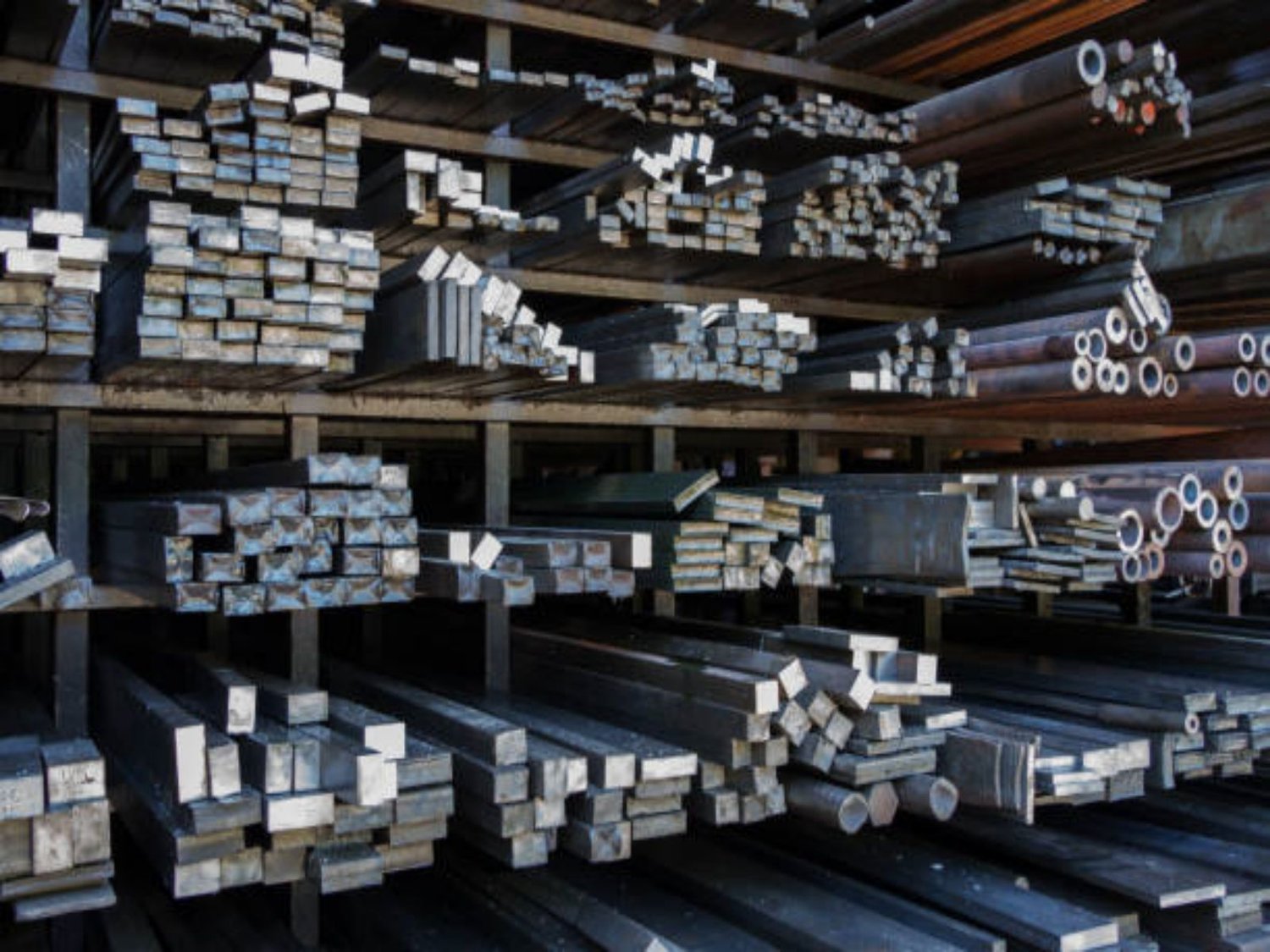Table of Contents

Maintenance Matters: Ensuring Longevity and Performance of Titanium Bars
Introduction
Titanium bars are widely used in various industries due to their exceptional strength, lightweight nature, and corrosion resistance. To ensure the longevity and optimal performance of titanium bars, proper maintenance is crucial. This article delves into the key aspects of maintaining titanium bars to maximize their lifespan and enhance their performance.
Choosing the Right Grade
Before delving into maintenance, it is essential to choose the right grade of titanium bars for your specific application. Titanium bars come in various grades, each offering different properties suitable for specific industries. Consider factors such as strength requirements, temperature resistance, and corrosion resistance when selecting the appropriate grade for your needs.
Regular Cleaning and Inspection
Regular cleaning and inspection are vital for maintaining the longevity and performance of titanium bars. Remove any dirt, debris, or contaminants from the surface using a mild detergent or non-abrasive cleaner. Inspect the bars for any signs of corrosion, cracks, or damage. Promptly address any issues to prevent further deterioration.
Protective Coatings
Applying protective coatings to titanium bars can significantly enhance their longevity and performance. These coatings act as a barrier, protecting the bars from corrosion and other forms of damage. Consider using coatings such as anodizing, passivation, or specialized coatings designed for titanium to provide an additional layer of protection.
Proper Storage
Proper storage is crucial for maintaining the quality of titanium bars. Store the bars in a clean, dry environment with controlled humidity levels to prevent moisture absorption. Avoid stacking the bars directly on top of each other to prevent surface damage. Additionally, ensure the storage area is free from exposure to corrosive substances.
Handling and Transportation
Proper handling and transportation practices are essential to prevent damage to titanium bars. Avoid dropping or mishandling the bars, as this can lead to dents, scratches, or other forms of surface damage. Use appropriate lifting equipment and secure the bars during transportation to minimize the risk of accidents or impact-related damage.
Temperature Considerations
Temperature fluctuations can affect the performance and longevity of titanium bars. Avoid exposing the bars to extreme temperatures, as this can lead to thermal expansion or contraction, potentially causing deformation or stress. Ensure proper insulation and temperature control in environments where titanium bars are used or stored.
Corrosion Prevention
Although titanium is highly resistant to corrosion, it is not entirely immune. To ensure the longevity of titanium bars, take proactive measures to prevent corrosion. Avoid contact with corrosive substances such as acids or chlorides. Implement regular inspections and promptly address any signs of corrosion using appropriate cleaning methods or corrosion inhibitors.
Regular Maintenance Schedule
Establishing a regular maintenance schedule is crucial for the longevity and optimal performance of titanium bars. Create a maintenance plan that includes routine inspections, cleaning, and any necessary repairs. Adhering to a well-defined schedule will help identify and address potential issues before they escalate, ensuring the bars remain in top condition.
Professional Expertise
When in doubt or dealing with complex maintenance requirements, it is advisable to seek professional expertise. Consulting with experts in titanium bar maintenance can provide valuable insights and guidance specific to your industry or application. They can offer recommendations, perform specialized maintenance procedures, and ensure compliance with industry standards.
